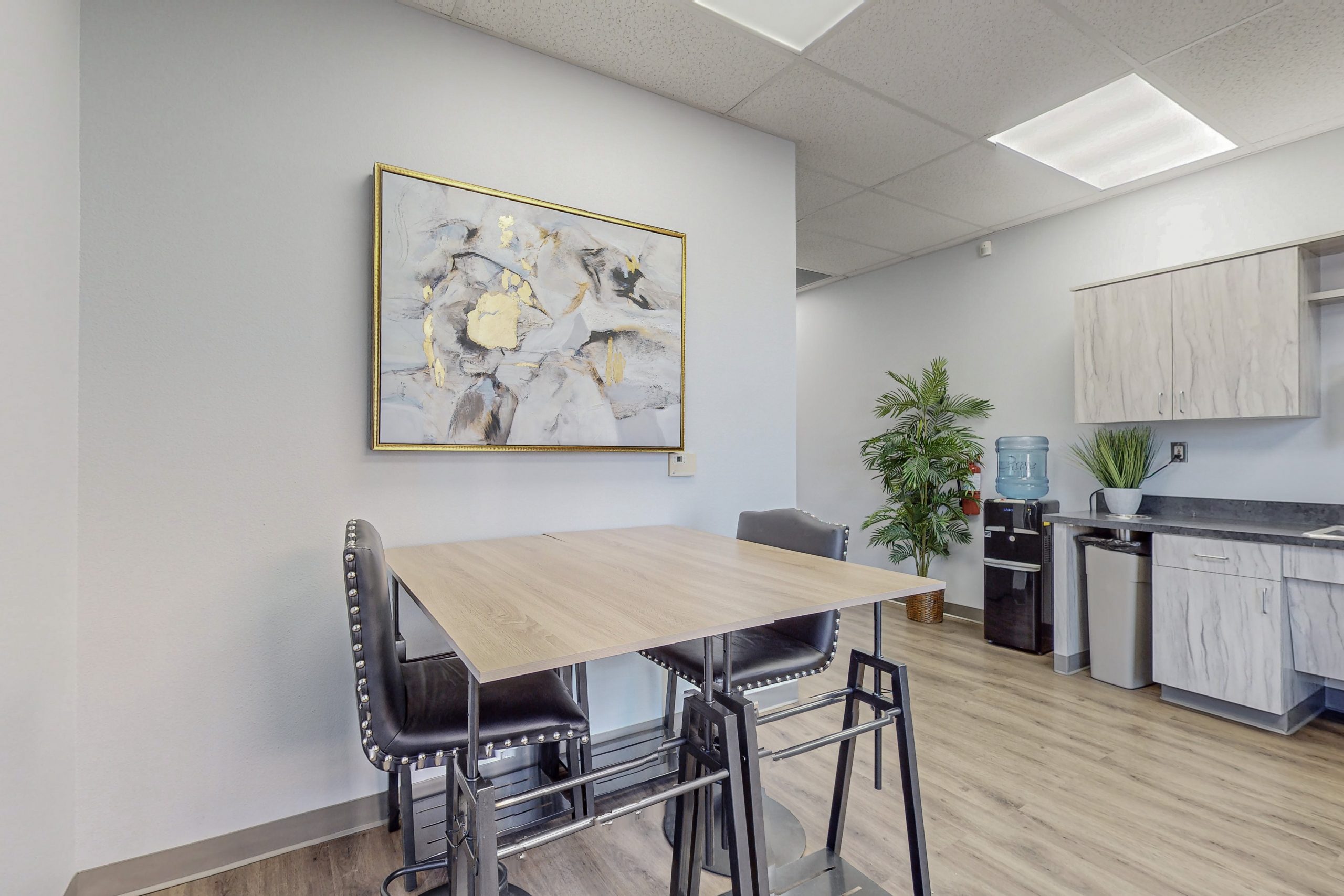A huge trend that came from the pandemic was this idea of “working from home.” While some high-tech companies such as Hewlett Packard, Dell and Intel had decades of work from home jobs, for the majority of companies this concept was rather new. As offices hung their “closed” signs on the doors and employees hustled to figure out a temporary home office they could honker down with, many wondered “how is this going to work?”
According to top entrepreneurial magazines, working from home doesn’t always allow for maximum productivity. From the Amazon delivery person to the sound of the clothes dryer calling you to fold, many people find working at home a distraction. Of course there are the kids yelling, the dogs barking and the cat walking across your keyboard and knocking over your monitor. Often the chaos demands for more breaks than a quiet office space may.
At the height of the pandemic, many business folks recognized the need for an office space outside their home at least a part of the week. They started turning to shared office space also know as coworking, executive suites, hot desks and private offices. Many with private onsite offices loved the 24/7 access so they could work “off hours” and have privacy and unmasked time.
Private suites are ideal places for a worker to gain some peace quiet and perspective. It’s a place to work in solitude but with opportunity for conversation lurking around every corner. From a shared coffee pot to water cooler, one can have as much or as little comrade and fellowship with others in the shared space.
The other factor of utilizing shared office space is the lower cost of ownership. The traditional brick and mortar building lease and all of its standalone operating expenses often command overhead of 50% or more draining all profitability or most of it. Savvy entrepreneurs, owners, and employees have found shared space, with all of its amenities and services included, to be the infrastructure they need to thrive with lower overhead.
Many flexible work spaces (shared offices) have the following benefits to workers/companies:
- Flexible or short-term term agreements
- Tiered membership options
- All-inclusive amenities
- Networking opportunities
- Free refreshments
- Free Parking
The other nice side benefit of executive suites or shared office space is that it allows your business “business continuity.” Regardless of how many moves you make in your residential space, your business can remain constant. If you move from an onsite office, you only need to downsize to virtual mail to keep using the address thereby keeping continuity with your mail system. These types of spaces allow you to “expand or contract” depending on business needs and stages of life.
In short the pandemic drove us to a new reality – one of options vs overhead. One of shared amenities vs huge operating expenses solely paid for, one of short-term commitments vs long drawn out leases. Office Alternatives, circa 2006, with two locations in Albuquerque, NM is just the right place to come and kick the tires for you new office space today.
Christina Esterly
President of Office Alternatives
2025

